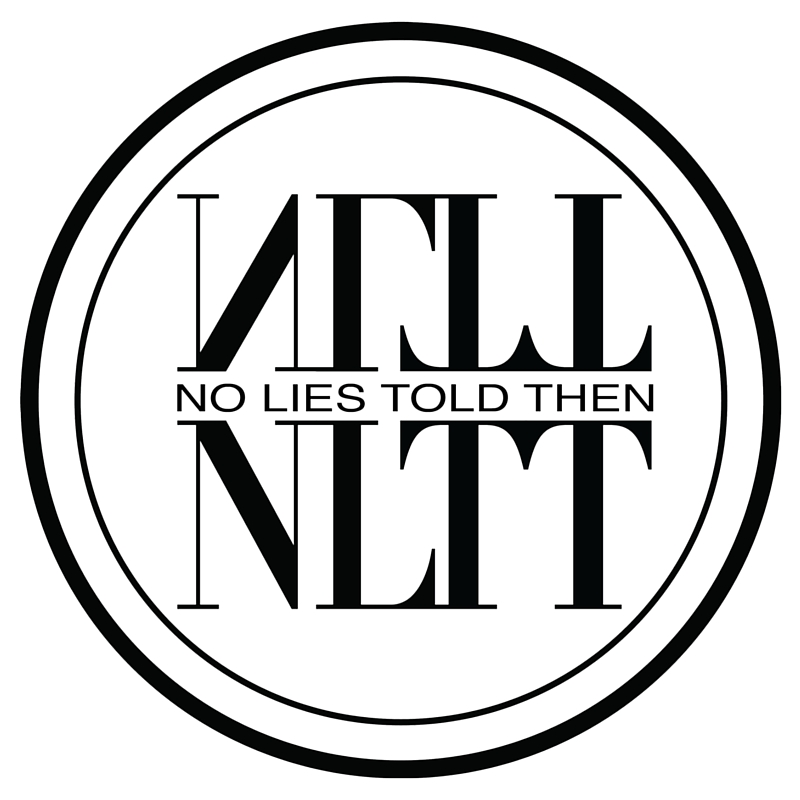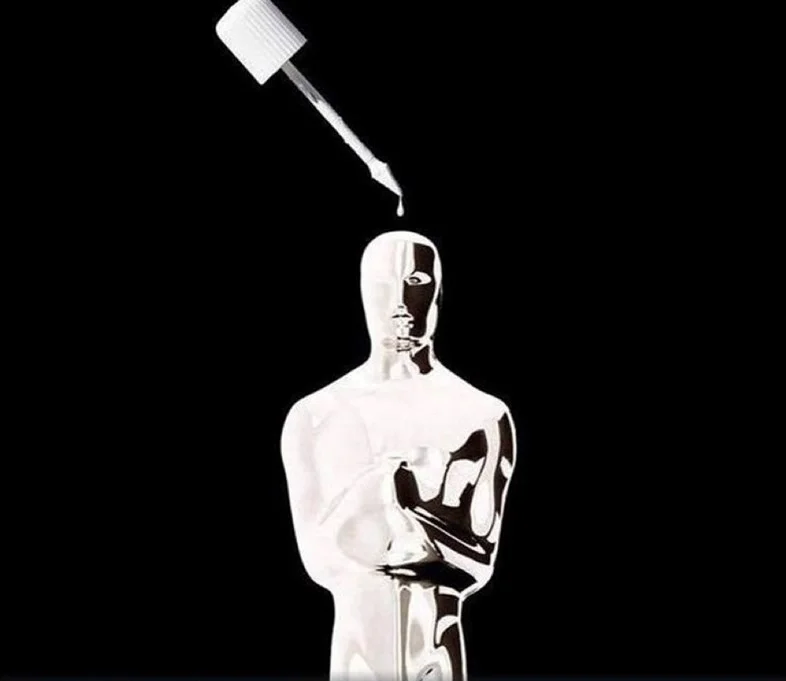I have never had more fun getting to know a character than I had with Sandra. In most of my other scripts and stories, we see a snapshot of a character in a specific place at a specific time in their life. You build backstory and reveal things about the character throughout, but there’s something that’s beautifully freeing to get to know a character as she gets to know herself over a number of years.
I have written so many drafts of No Lies Told Then and I am sure the number easily exceeds fifty. To some it would be a frustrating process, and there were times it was, but it was all a necessary part of the process. It gave me the opportunity to get to know these characters, especially Sandra. There are scenes that were written, then deleted, but it allowed me to discover little things about her that helped me create a more complete human being.
I love Sandra. I’d like to think she would be my sister friend in real life and we would get together weekly over wine to discuss all that’s wrong in the world and how we would fix it. Quite simply, she is real to me and I honestly believe I was only a vessel used to tell her story.
On the surface, Sandra is the epitome of the narrow idea of how successful black womanhood appears: striking, confident, well-dressed, well-mannered and “articulate”. As the author of a popular book series, she should be on top of the world. Yet, she is far from fulfilled.
She has responsibilities. There’s her mother who sacrificed so she could succeed. Her readers who propelled her to superstardom levels in the literary world. There’s the editor whose success is directly tied to hers. With a deadline rapidly approaching, and so many people nipping at her heels, she is barely holding it together.
I wanted to peel back the layers of this character to reveal her private struggles and turmoil. She had dreams for her life, and made choices in the short term that have long term consequences. She’s trapped and while the world envies her, she’s just a vulnerable, insecure woman who is lost. What she sees in the mirror is the result of a lifetime full of mistakes.
I don’t think Sandra realizes how unhappy she is until a chance encounter propels her to reflect on her life, the decisions she’s made and how she arrived at this place in her life. I think we all have that moment, whether there’s a catalyst or not, when we wonder, “How did I get here?” Throughout the film, we’ll have the opportunity to watch how she arrived at her crossroad, but more importantly, we’ll see the outcome of her realization.
When I talk to people about Sandra, I say she is all of us. Her struggles in life are what we all experience; it’s our collective story told through the eyes of one. She wears a mask. When it is removed and she faces herself, there she finds No Lies Told Then.






